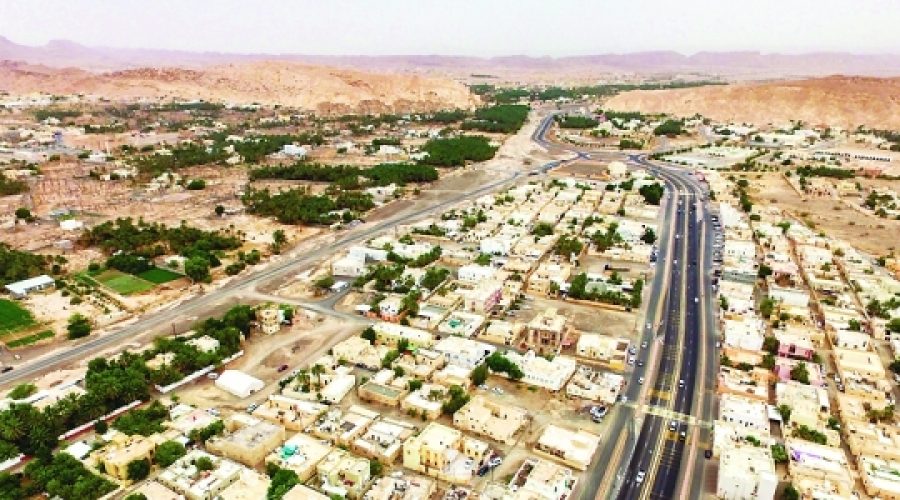Hotel Occupancy in Ibri Hits 100% Amid Khareef Travel Boom: What This Means for Investors and Business Owners
IBRI: The Wilayat of Ibri in Al Dhahirah Governorate witnesses a significant rise in tourist and commercial activity every July and August. Serving as a key transit and rest stop for travelers from GCC countries heading to Dhofar Governorate via land ports, this influx boosts occupancy rates in the wilayat’s hotels and lodging facilities.
Ali bin Khamis al Sidairi, Assistant Director at the Directorate of Heritage and Tourism in Al Dhahirah Governorate, highlighted that the hospitality sector experiences a marked uptick during the Khareef Dhofar season. Occupancy rates in several establishments range between 85 to 100 percent, underscoring the heightened demand during this period.
Al Sidairi also noted an increase in licensed hotels and lodging facilities within the governorate, rising from 48 at the end of 2024 to 55 by July 2025—a growth of 14.5 percent. He anticipates further expansion in this number by the end of the year.
The Rub al Khali border crossing, linking Oman with Saudi Arabia, plays a crucial role in facilitating overland tourism. This has spurred promising investment opportunities along the route, including fuel stations, quick service centers, hotels, and rest stops, thereby enhancing the governorate’s economic value.
Additionally, markets, commercial centers, restaurants, cafes, and various other businesses in the wilayat experience increased activity during this season, alongside a noticeable rise in traffic. This surge presents promising investment opportunities for young Omanis and generates both seasonal and permanent employment in several key sectors. — ONA
Special Analysis by Omanet | Navigate Oman’s Market
The surge in tourism and commercial activity in Ibri, driven by its strategic location as a transit hub during the Khareef Dhofar Season, presents a significant growth opportunity for Omani businesses, particularly in hospitality, retail, and services. Investors should consider capitalizing on the expanding hospitality infrastructure and ancillary services like fuel stations and quick service centers, while entrepreneurs can explore niche markets catering to increased traveler demand. Smart investments now can leverage this seasonal boost into sustained regional economic development and job creation.



